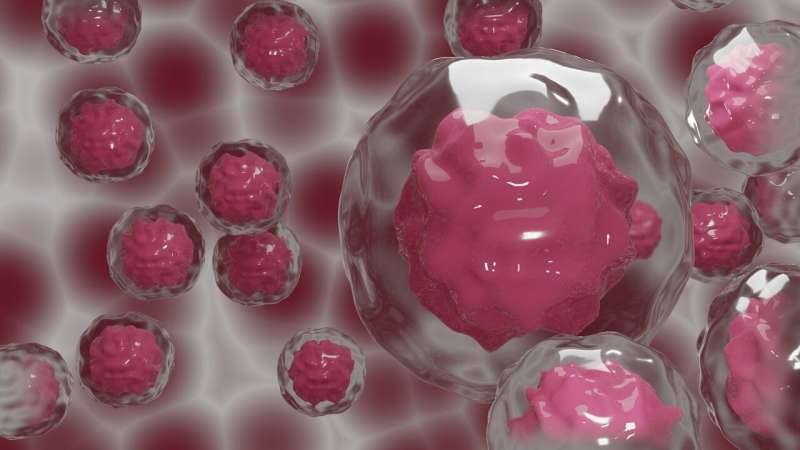Innovative Approach Uses Engineered Immune Cells to Develop Advanced Cancer Vaccine

Scientists at Mount Sinai have developed a novel method to produce billions of functional dendritic cells, opening new pathways for universal cancer vaccines and enhanced immunotherapy treatments.
Researchers at the Icahn School of Medicine at Mount Sinai have pioneered a groundbreaking method to produce large quantities of a rare type of immune cell called conventional type I dendritic cells (cDC1s). These cells are crucial for activating the immune system's response against cancer but are typically scarce and difficult to isolate in large numbers from the human body. The new serum-free culture system enables the generation of nearly 3 billion functional cDC1s from just 1 million cord blood-derived hematopoietic stem cells, a feat that could revolutionize cancer immunotherapy.
Dendritic cells play a vital role in initiating and sustaining anti-tumor immune responses. Among them, cDC1s are especially effective because they can cross-present tumor antigens to T cells, a critical step in mounting a robust attack against cancer cells. Their ability to activate T cells makes them highly valuable for vaccine development, but their scarcity in patients has limited their therapeutic use.
Lead researcher Dr. Nina Bhardwaj emphasizes that this development paves the way for creating universal, off-the-shelf cellular cancer vaccines. The team demonstrated that the lab-grown cDC1s maintain their essential immune functions, including antigen presentation and the activation of T cells. In preclinical models, these cells elicited strong anti-tumor immune responses, underscoring their potential as a versatile vaccine platform.
The study, conducted in collaboration with the Mater Research Institute in Brisbane, Australia, utilized humanized mouse models to validate the effectiveness of the cultured cDC1s. This is the first successful attempt at scalable production of bona fide human cDC1s using a serum-free protocol, marking a significant advance in cell therapy manufacturing.
This innovative technique not only facilitates the large-scale production of these critical immune cells but also provides a new tool to better understand their biology in both health and disease. It holds promise for enhancing existing treatments like immune checkpoint inhibitors and developing new immunotherapies tailored to various cancer types.
According to Dr. Bhardwaj, this approach may transform cancer treatment by making effective, personalized immune therapies more accessible, ultimately improving patient outcomes across multiple malignancies. The research underscores a major step forward in harnessing the immune system's power to fight cancer more effectively.
Stay Updated with Mia's Feed
Get the latest health & wellness insights delivered straight to your inbox.
Related Articles
Political Debates Over IVF and Emerging Alternatives in the U.S.
The debate over IVF access in the U.S. is intensifying, with some regions turning to holistic alternatives like restorative reproductive medicine amid ideological clashes and legislative changes.
Digital Resources for Alzheimer's Disease Lack Accessibility for Latinos and Hispanics in Los Angeles Post-COVID-19
A UCLA study reveals significant gaps in digital Alzheimer’s resources for Latino and Hispanic communities in Los Angeles, emphasizing the need for culturally accessible online support post-COVID-19.
Psychiatric Medication Use Associated with Increased Risk and Accelerated Progression of ALS
A Swedish study links the use of common psychiatric medications to an increased risk of ALS and faster disease progression, suggesting early psychiatric symptoms may be related to ALS development.



